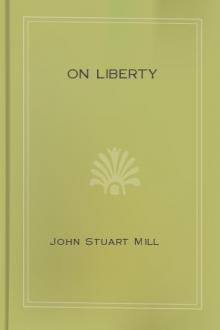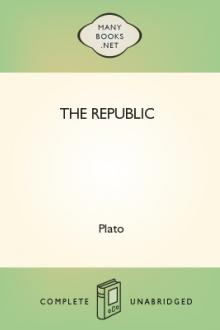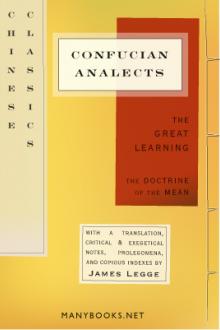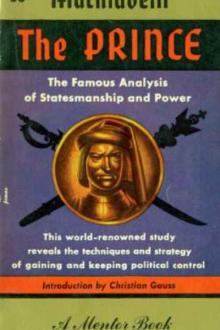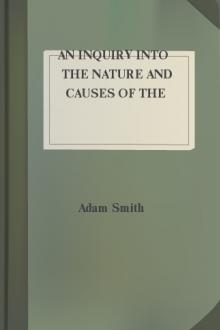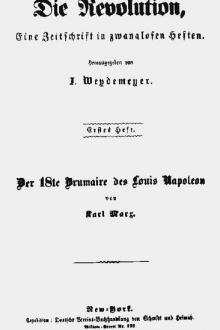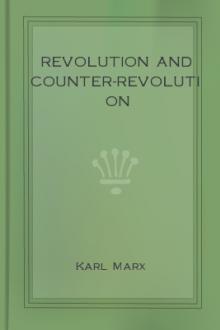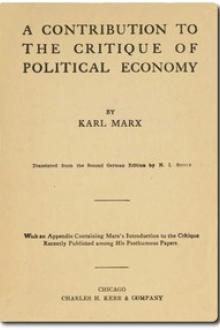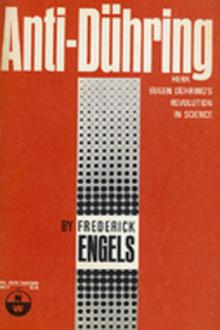Manifesto of the Communist Party
Book Excerpt
Each step in the development of the bourgeoisie was accompanied by a corresponding political advance of that class. An oppressed class under the sway of the feudal nobility, an armed and self-governing association in the medieval commune(d), here independent urban republic (as in Italy and Germany), there taxable "third estate" of the monarchy (as in France), afterwards, in the period of manufacture proper, serving either the semi-feudal or the absolute monarchy as a counterpoise against the nobility, and, in fact, corner-stone of the great monarchies in general, the bourgeoisie has at last, since the establishment of Modern Industry and of the world's market, conquered for itself, in the modern representative State, exclusive political sway. The executive of the modern State is but a committee for managing the common affairs of the whole bourgeoisie.
The bourgeoisie, historically, has played
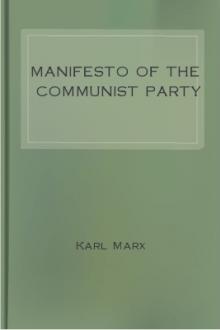
 Free Download
Free Download















